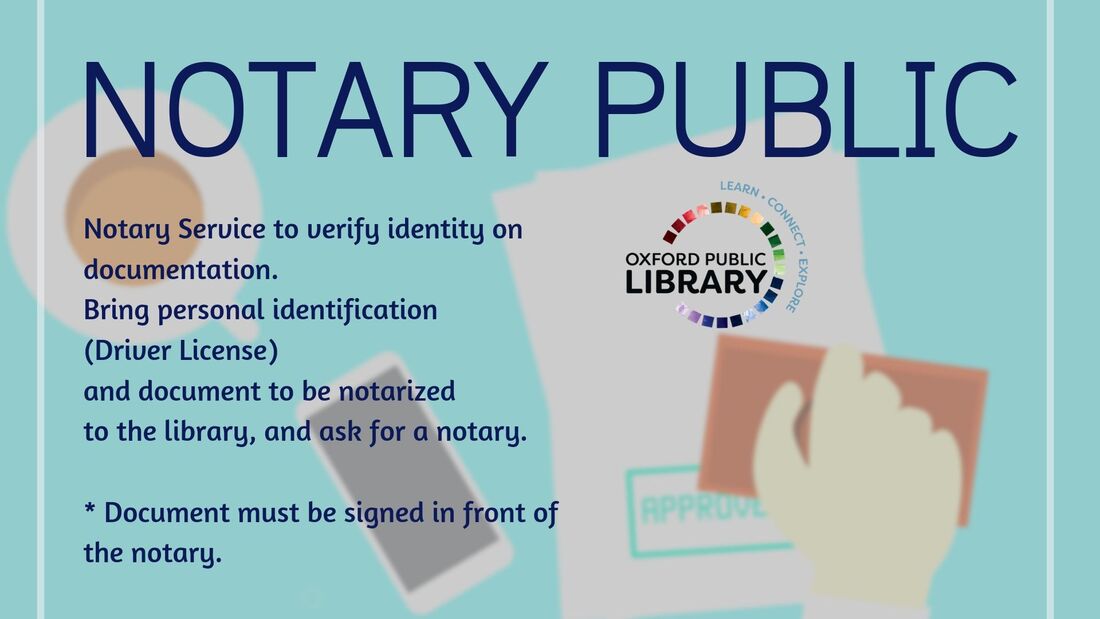Understanding Apostille: Simplifying International File Legalisation
Understanding Apostille: Simplifying International File Legalisation
Blog Article
Demystifying Notarial Work: Simplifying the Duty and Significance of Notaries
Their role, usually shrouded in enigma for many, lugs substantial weight in making sure the credibility and honesty of critical files. By unraveling the complexities shedding and bordering notarial techniques light on the significance of their acts, a more clear understanding arises of the important role notaries play in supporting the textile of legal and contractual arrangements.
The History of Notarial Work
Exactly how did notarial work advance in time to end up being an essential component of legal and organization deals? The history of notarial work go back to old people, where scribes played a vital duty in taping important info and confirming files. As cultures advanced, the need for a more formalized system to ensure the legitimacy of contracts emerged. This resulted in the growth of notaries, individuals designated by the state to work as unbiased witnesses in legal issues.
During the Middle Ages, notaries obtained prestige in Europe, with their features increasing to consist of drafting legal papers, certifying signatures, and protecting documents. The rise of international profession even more highlighted the significance of notarial work in validating agreements and arrangements throughout boundaries.
In the modern period, notaries continue to play an essential role in lawful and company deals by confirming identifications, verifying the credibility of documents, and stopping fraudulence. Their function in certifying the validity of arrangements adds a layer of protection and depend the ever-evolving landscape of commerce and regulation.

Responsibilities and Obligations of Notaries
The historic development of notarial job from ancient human beings to the modern-day period has actually shaped the distinct duties and duties that notaries maintain in lawful and organization purchases today. Notaries play a vital role in validating the credibility of records and the identification of signatories. Among their key duties is to witness the signing of vital documents, such as wills, contracts, and acts, to guarantee that all events are getting in right into arrangements intentionally and voluntarily. Notaries also validate that signatures are of sound mind and not under duress or coercion.
Additionally, notaries are entrusted with carrying out vows and affirmations, which are critical in lawful proceedings and the execution of sworn statements. They certify copies of original files, offering assurance to establishments that the duplicates hold true reproductions of the originals. Notaries must maintain precise documents of all transactions they manage to guarantee transparency and accountability. Generally, the obligations and responsibilities of notaries are necessary in securing the honesty and validity of numerous records and transactions.
Notarial Certificates and Signatures
Exhibiting precise my sources focus to detail, notarial certificates and signatures act as vital elements in verifying the credibility of legal files. Notarial certifications usually contain vital information such as the day of notarization, the names of the signatories, a summary of the file, and the notary's main seal. These certifications supply a clear record of the notarial act, guaranteeing that the file can be conveniently recognized and mapped back to the notary who oversaw the procedure.
Signatures play a pivotal function in notarial work, as they represent the contract and authorization of the celebrations included. Notaries very carefully witness the signing of files to validate the identification of the signatories and verify that they are authorizing of their very own complimentary will. By affixing their official seal and signature to the document, notaries license that the required treatments have actually been complied with and that the paper is valid and enforceable.
In significance, notarial certifications and signatures are the hallmark of credibility in lawful deals, offering guarantee to all events entailed that the records are genuine and binding.
Importance of Notarial Acts

Notarization Refine Clarified
The notarization procedure normally begins with the specific presenting the paper to a notary public. As soon as the identification is confirmed, the notary ensures that the private signing the document does so willingly and without any kind of coercion.

Verdict

Notarial certificates generally contain important info such as the date of registration, the names of the notaries, a summary of the record, and the notary's main seal. These certificates offer a clear document of the notarial act, making certain that the paper can be quickly determined and mapped back to the notary who managed the procedure.
By affixing their main seal and trademark to the paper, notaries certify that the essential treatments have actually been complied with and that the paper is enforceable and legitimate.
By confirming the identity of the signatories, validating their willingness to enter into the contract, and certifying the date and area of the signing, notaries play an important function in promoting the legitimacy of legal documents.After the file is signed, the notary will attach their official seal or stamp onto the document.
Report this page